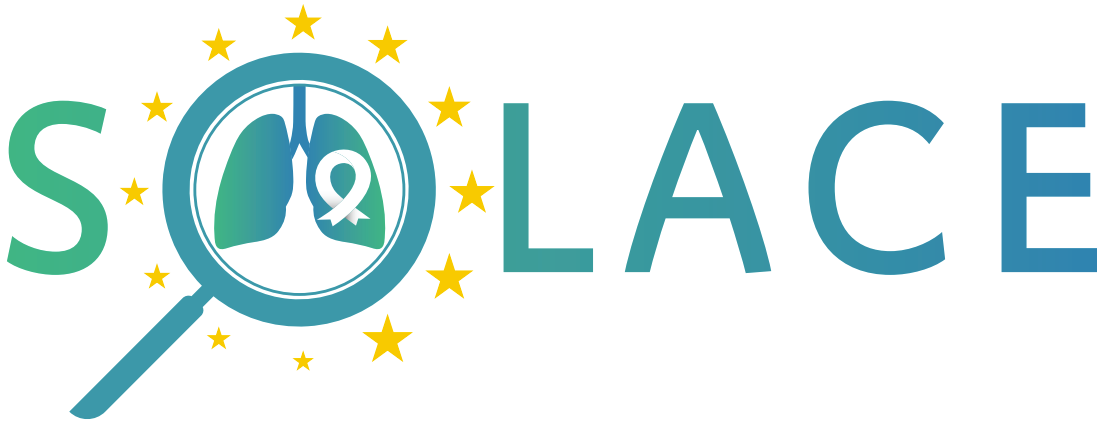Integrated smoking cessation support is essential to successful lung cancer screening programmes. Find available resources and best-practice approaches for providing support to patients.
Evidence shows:
- Pairing screening with cessation works: annual LDCT screening combined with tailored smoking cessation support offers the greatest reduction in lung cancer mortality, especially among low socioeconomic status groups who are often underserved. (AMJ, 2017).
- Effective methods: in-person counselling and pharmacotherapy (like nicotine replacement or medications) significantly increase the chances of quitting at both 6 and 12 months after intervention. This highlights the importance of offering both behavioural and medicinal support within screening programmes (Lung Cancer, 2019).
- Teachable moments: smokers receiving abnormal CT scan results are far more motivated to quit, with quit rates more than doubling compared to those with normal scans. Leveraging these moments can boost cessation success and improve long-term health outcomes (Cancer, 2005).
- Best aids: a 2022 Cochrane review found that varenicline, cytisine, e-cigarettes, and combination nicotine replacement therapy (NRT) are the most effective quitting aids, leading to 10–19 successful quits per 100 users versus 6 with placebo. These aids are generally safe and well tolerated, making them valuable tools in cessation strategies (Cochrane, 2022).
- Behavioural support boosts success: additional Cochrane evidence shows that counselling and financial incentives can further improve quit rates at six months or longer, even when pharmacotherapy is not used. This supports integrating flexible behavioural interventions to reach diverse populations (Cochrane, 2018).
- Multiple approaches: a 2023 systematic review found that the best approach for smoking cessation combines behavioral counseling with medications like nicotine replacement therapy (NRT), varenicline, or bupropion. Combining these treatments improves quit rates, with varenicline showing the highest success. (JAMA, 2022)
- Intensive interventions work best: research indicates that lung cancer screening programmes offering three or more counselling sessions significantly double quit rates compared to usual care. Conversely, fewer than three sessions may not provide the same benefits, underscoring the value of sustained support (European Radiology, 2023).
Useful resources
The European Lung Foundation provides downloadable smoking cessation resources to give to screening participants in multiple languages.
You can also access patient information on smoking when you have a lung condition and passive smoking.
